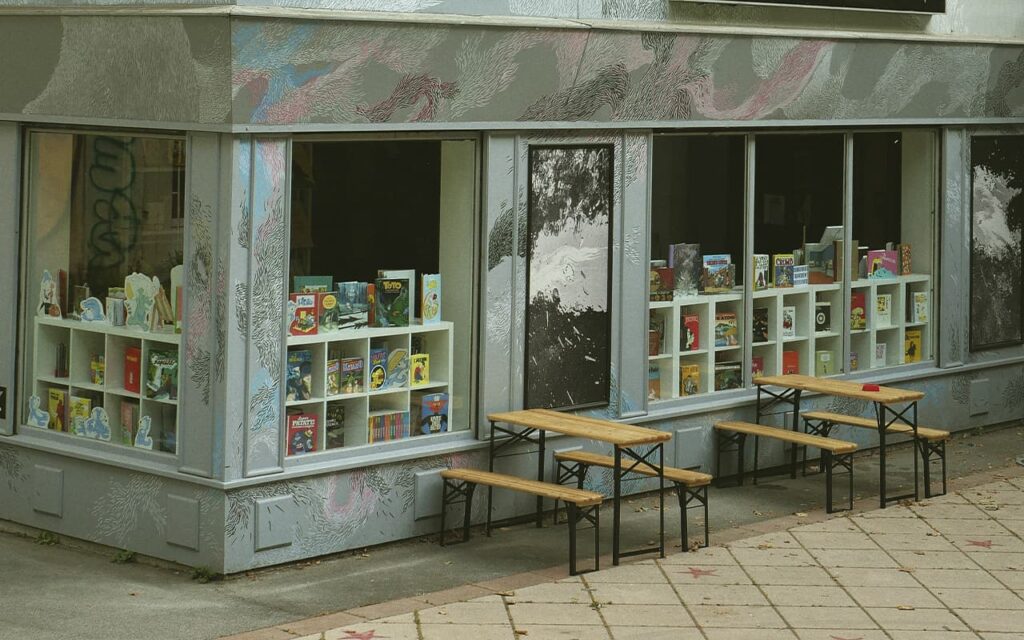An interesting thing happens when people buy books in bookstores. As part of my master’s research project, I found that both the customer and the bookseller believe they are engaged in a relatively equal exchange of information. What they do registers as non-transactional, something I’ve intuitively known all my life in the bookselling industry, and it’s been confirmed by research.
If you read, you tend to find your bookstore and build relationships with the sellers there. You get attached to the physical space and start to feel like you own it. Booksellers are trusted to understand and serve the needs of people who have access to all the products in the world, and the good ones won’t let their customers down.
Bookstores are also the most democratic places, with something for everyone on the shelves.
Bookstores facilitate cultural consumption, where cultural value serves a commercial imperative in what I call “soft capitalism.” They are labor- and capital-intensive, so the realities of small business are always present. But the reality for those of us who think our wagons are hitching to that star is that we own or work in bookstores because we love doing it.
High-profile and well-known writers like Benjamin Lo and A.S. Patrick have worked in bookstores and still do. My old colleague Nina Kenwood’s first book has just been published. The average income for writers is a paltry $12,000 a year, so bookstores are a vital source of income for writers and illustrators and places where many find careers that can support and complement their creative endeavors.
Bookstores occupy a unique place in the retail landscape where art and commerce intersect, supporting a supply chain that fosters multiple creative contributions. Authors, illustrators, editors, designers, and publicists are all part of this Don Quixote mix of large and small businesses, and the final link in the chain is the bookstores and booksellers who put the end result in the hands of readers. They support local communities as taxpayers, tenants, and providers of meaningful employment.
But they do so much more as stewards of cultural property and the dreams and aspirations of storytellers. We are a narrative species, and we tell stories to make sense of our world, our existence, and bookstores help shape and create that ecosystem.
The most complete medium for conveying complex narratives is the book, and the bookstore remains the best place to discover them. Another interesting thing I found in my research is that most people enter a bookstore without thinking about buying. They just want to browse because bookstores are fun places. If you don’t believe me, let a child drop into one.
Bookstores were some of the first retailers to bring merchandise out from behind the counter for customers to browse and pick up. Publishers devote a lot of resources to book covers, and bookstores are incredible examples of modern consumption, offering visual and auditory cues alongside public event programs. They create order in the chaos of mass publishing, are rich in sensory detail, and are intimate and soothing spaces at the same time.
Ultimately, bookstores are much more than just retail spaces filled with products-they are public spaces that bring people together, support culture and creativity, and invite discovery.
